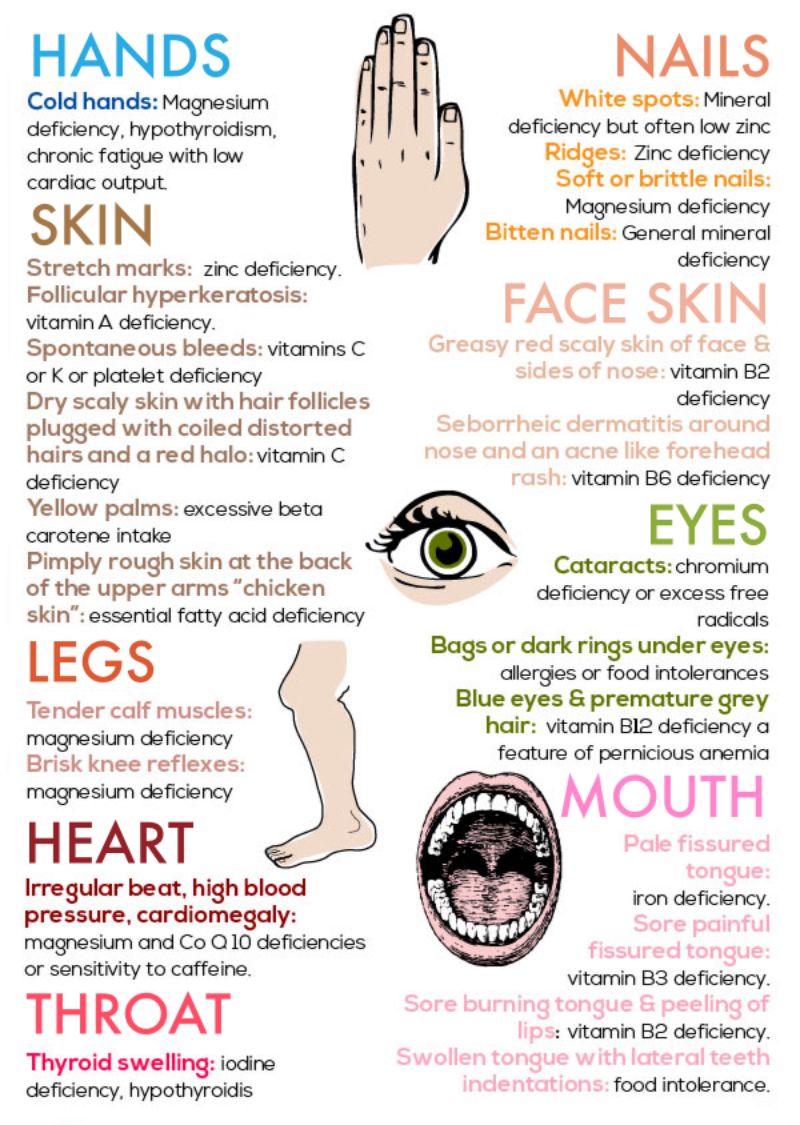A complicated patient
Today at the State Cancer Institute became a a young patient (28 years old) diagnosed with testicular cancer and metastases in the central nervous system.
The patient is undergoing chemotherapy and being evaluated by a doctor for radiotherapy, also he presented cachexia and weakness on the right side of the body, so it couldn't move or walk.
Therefore, we applied a medical history and nutritional value to determine his energy needs. We consider a nutritional support for the patient, because in this stage of the disease, he need a comfort diet more than a strict food plan.
We put on the patient diet plan foods that he likes and care that food consistencies were soft to avoid fatigue, in addition we recommended a protein module to prevent loss of strength and muscle mass.
I think it was a good decision because we're applying the principles of palliative care (palliative care is care given to improve the quality of life of patients who have a serious disease), which should start from the moment that the patient gets into the health unit (at any age and stage of disease) and not when he or she is in the final stage of the disease.
Also remember that palliative care should be provided by a specialized team of doctors, nurses, nutritionists, psychologists, social workers and other specialists.
I think it was a good decision because we're applying the principles of palliative care (palliative care is care given to improve the quality of life of patients who have a serious disease), which should start from the moment that the patient gets into the health unit (at any age and stage of disease) and not when he or she is in the final stage of the disease.
Also remember that palliative care should be provided by a specialized team of doctors, nurses, nutritionists, psychologists, social workers and other specialists.
"Palliative care is given throughout a patient’s experience with cancer. It should begin at diagnosis and continue through treatment, follow-up care, and the end of life."
